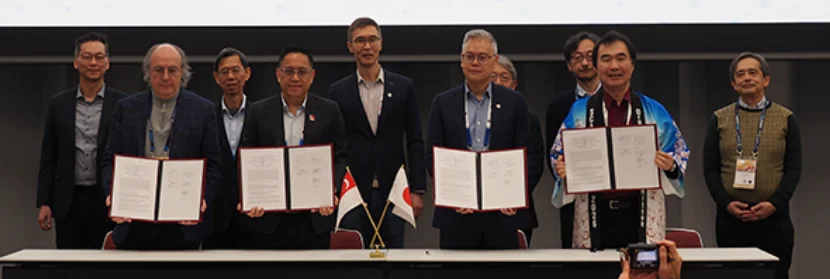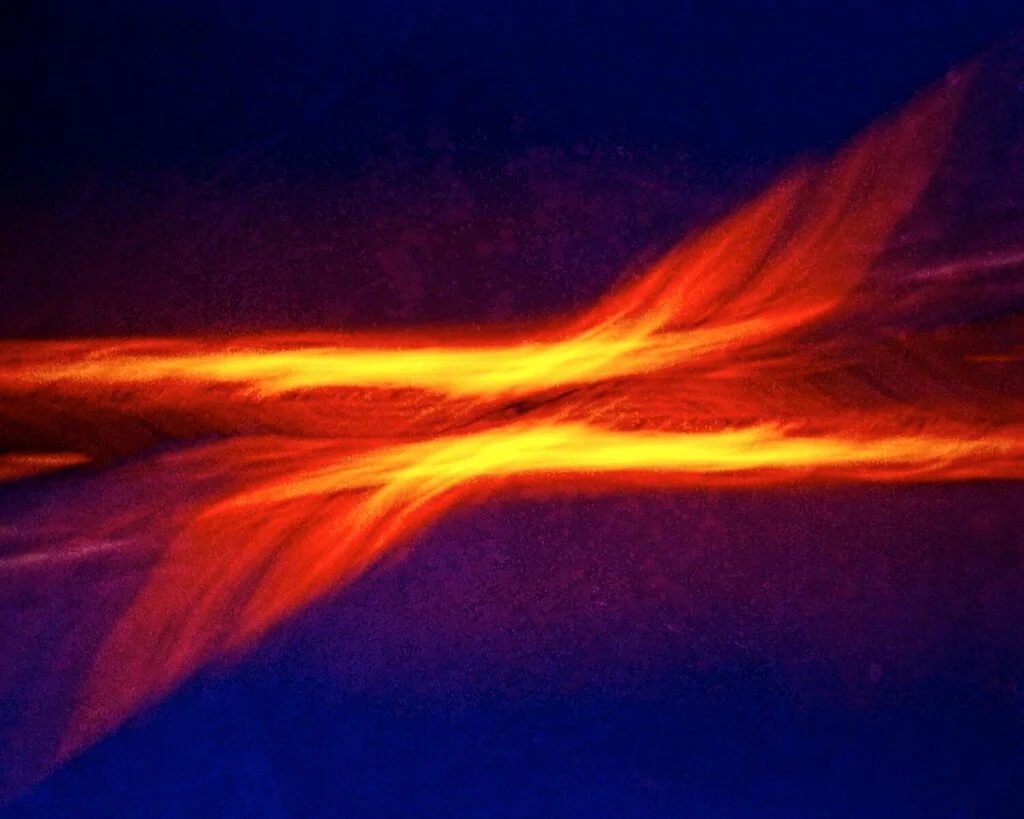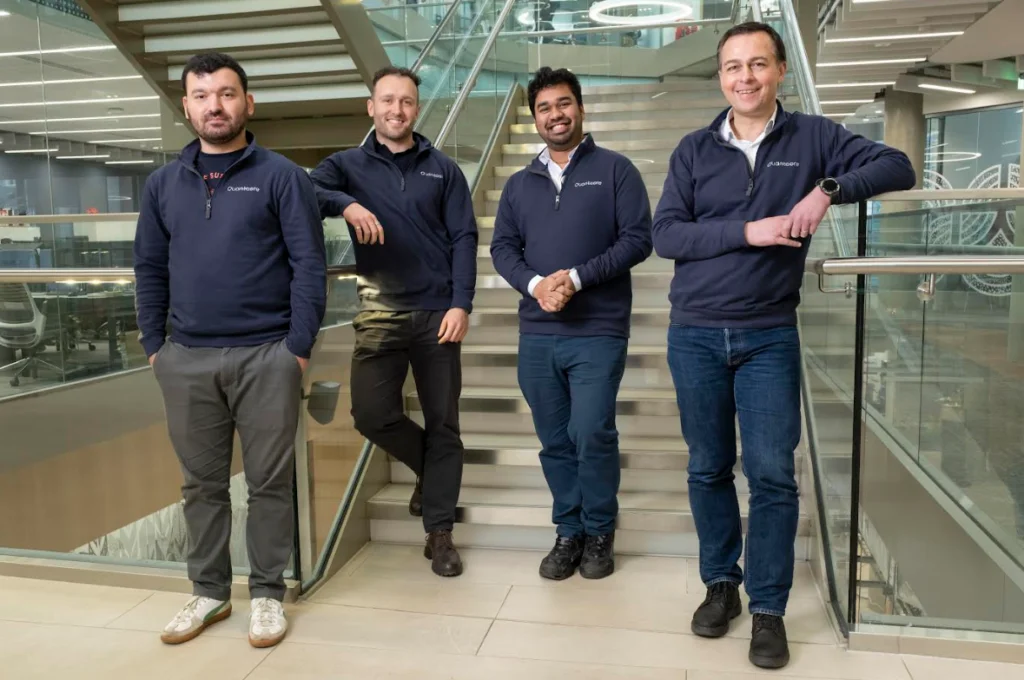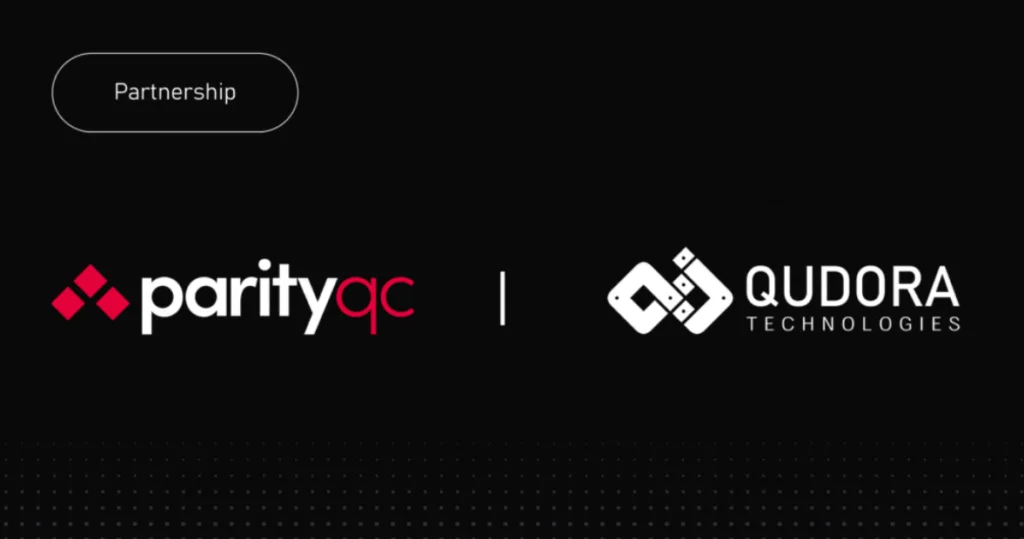Insider Brief:
- D-Wave Quantum Inc. and Japan Tobacco’s pharmaceutical division have announced a joint proof-of-concept project to use quantum computing and artificial intelligence for drug discovery, specifically in the “Quantum AI-driven Drug Discovery” process.
- JT’s pharmaceutical team will use D-Wave’s annealing quantum computing solutions to accelerate the speed and improve the quality of training their AI-driven analysis systems, aiming to discover first-in-class pharmaceutical small compounds.
- Following the proof-of-concept, JT plans to further develop these Quantum AI-driven systems and integrate quantum computing into production operations for future drug discovery.
PRESS RELEASE — D-Wave Quantum Inc., a leader in quantum computing systems, software, and services and the world’s first commercial supplier of quantum computers, and the pharmaceutical division of Japan Tobacco Inc. today announced plans to collaborate on a joint proof-of-concept project that will leverage quantum computing technology and artificial intelligence in the drug discovery process, i.e., “Quantum AI-driven Drug Discovery.”
Supported by D-Wave’s team of professional services experts, the AI team in JT’s pharmaceutical division will utilize D-Wave’s annealing quantum computing solutions as accelerators in the speed and quality of training JT’s novel AI-driven analysis systems, aiming to extend the applicable range of such AI systems in the drug discovery field (AI-driven Drug Design). The goal of the project is to pioneer a new process for discovering ‘first-in-class’ pharmaceutical small compounds.

“In our development of AI-driven drug discovery systems, we have been focusing on and researching quantum computing technologies as a speed and quality accelerator in the drug design process,” said Dr. Masaru Tateno, Chief Scientific Officer (CSO) of JT’s Pharmaceutical Research Center. “In this context, we examine our novel theory and systems in our joint proof-of-concept project, and thus we have high expectations for the effectiveness of D-Wave’s annealing quantum computing solutions. By utilizing D-Wave’s quantum technology, we aim to pioneer a new standard that significantly accelerates the speed and quality of drug discovery and expands the exploration space for pharmaceutical small compounds.”
“Pharmaceutical companies need to maintain competitiveness while addressing the challenges of difficulty, uncertainty, and duration in new drug development, creating an environment that is accelerating the speed and quality for AI drug discovery,” said Dr. Alan Baratz, CEO of D-Wave. “D-Wave is committed to supporting JT’s pharmaceutical division in maximizing the capabilities of AI through quantum computing technology, with the goal of expanding the exploration space for pharmaceutical small compounds.”
Following the proof-of-concept project, JT’s pharmaceutical division plans to further advance the developed, Quantum AI-driven Drug Discovery analysis systems and eventually move the application of quantum computing technology into production operations.
About JT Pharma
JT commenced its pharmaceutical business in 1987 with its mission to create original and innovative drugs for patients suffering from diseases around the world. To learn more, visit https://www.jt.com/about/division/pharma/index.html
About D-Wave Quantum Inc.
D-Wave is a leader in the development and delivery of quantum computing systems, software, and services, and is the world’s first commercial supplier of quantum computers—and the only company building both annealing quantum computers and gate-model quantum computers. Our mission is to unlock the power of quantum computing today to benefit business and society. We do this by delivering customer value with practical quantum applications for problems as diverse as logistics, artificial intelligence, materials sciences, drug discovery, scheduling, cybersecurity, fault detection, and financial modeling. D-Wave’s technology has been used by some of the world’s most advanced organizations including Mastercard, Deloitte, Davidson Technologies, ArcelorMittal, Siemens Healthineers, Unisys, NEC Corporation, Pattison Food Group Ltd., DENSO, Lockheed Martin, Forschungszentrum Jülich, University of Southern California, and Los Alamos National Laboratory.















